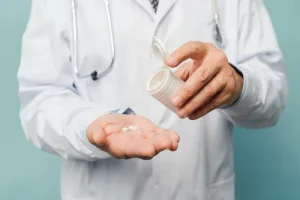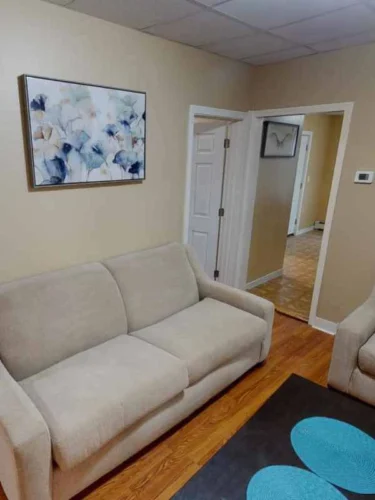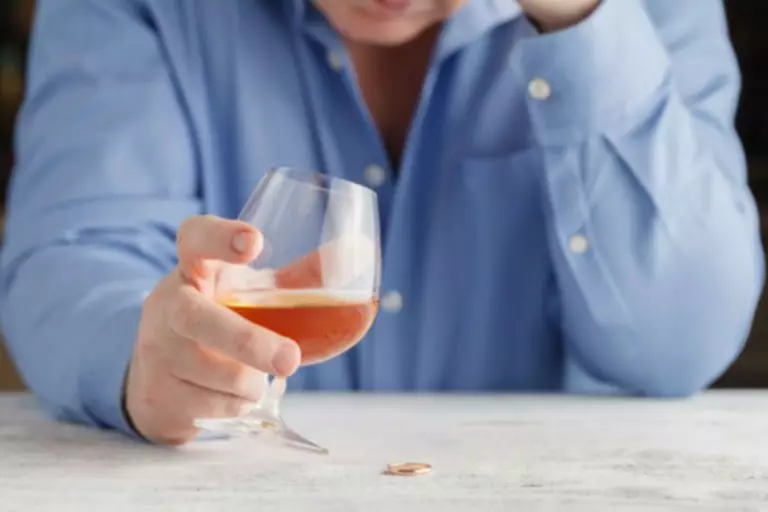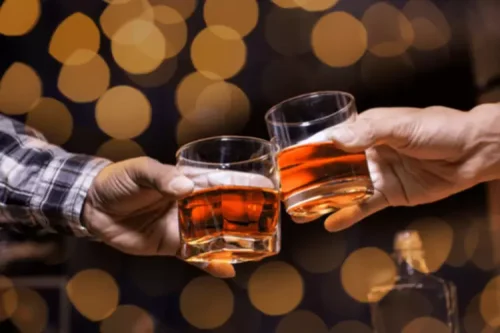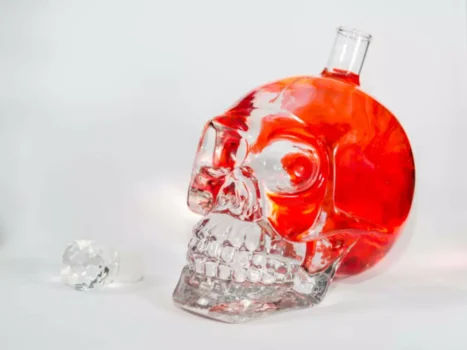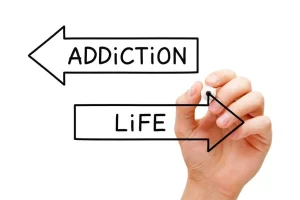Alcohol and Weight Gain The Effects of Alcohol on the Body
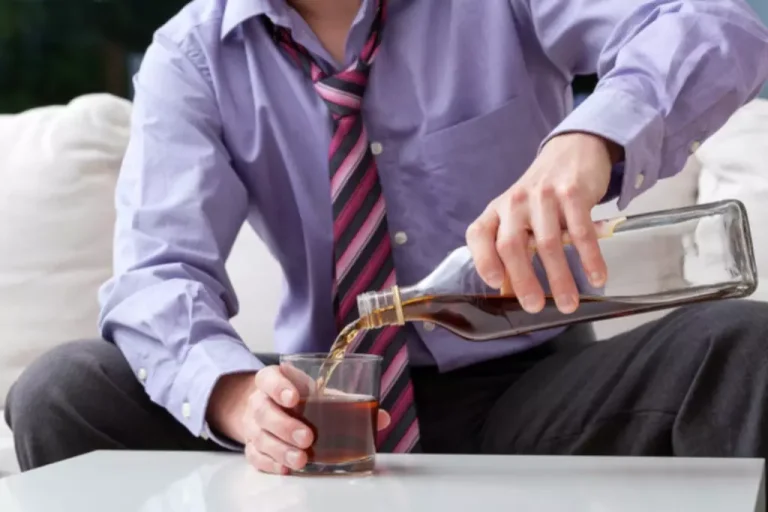
This leads to decreased digestive secretions and movement of food through the tract. Even the most die-hard diet fan will have a hard does alcohol make u gain weight time fighting the urge to dig in when intoxicated. Drinks that have mixers, such as fruit juice or soda, contain even more calories.
- The slow development of obesity and multi-faceted nature of this condition really complicates the possibility to show a cause-and-effect association between alcohol consumption and weight gain.
- If you'd like to prevent weight gain and still enjoy drinking, try choosing lower-calorie alcoholic beverages and manage how much alcohol you consume.
- Drinkaware has a wonderful, reality-inducing tool that lets you calculate exactly how many calories you’re consuming when you go for drinks.
- If your goal is to be able to still drink and get skinny, then you’re going to need to pick the healthiest alcoholic beverages.
- However, they add more calories to your diet and can cause weight gain.
- Heavy drinking can also lead to a host of health concerns, like brain damage, heart disease, cirrhosis of the liver and even certain kinds of cancer.
How alcohol links to weight gain
While your decision making is impaired, you might be more prone to eat foods you'd normally avoid, or even to give up on your healthy diet entirely, Wyatt says. Alcohol is known to lower inhibitions, impairing the logical decision-making sections of your brain like the prefrontal cortex. "If you're trying to lose weight, what you really want to happen is you want fat burning to be turned on as much as possible," Wyatt says. If you consume too much of it, you can develop alcohol poisoning or even die.
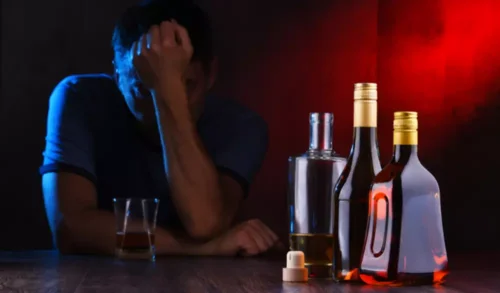
Factors that may Explain the Conflicting Findings between Alcohol Intake and body Weight
As strange as it sounds, there are times when alcohol consumption can make you even lose weight. This blog post will discuss the truth about alcohol and weight gain. One gram of alcohol contains 7.1 calories, and commonly consumed drinks can range from about 100 to 200-plus calories. However, despite your average drink’s seemingly significant calorie count, these beverages don’t contribute to weight gain as much as calorie-counting math suggests they should. While you don’t need to quit alcohol to live a healthier lifestyle, the main problem lies in binge drinking. Excessive alcohol use increases your weight and puts you at risk for long-term health complications.
How alcohol could cause weight gain
Alcohol use has long been known to alter hormone levels, especially testosterone.8 Testosterone has a wide range of effects on your body, including the mass regulation of fertility and bone mass. Because alcohol has sedative properties, some people may use alcohol as a sleep aid. Force yourself to choose nutrient-dense food, lots of water, and get moving – even if it’s just a walk for fresh air.
- In addition, your body may not be able to absorb nutrients properly.
- Meanwhile, the risk of becoming overweight was 30 percent lower for women who limited themselves to one or two alcoholic beverages a day.
- This inflammation may be made much worse by the things often mixed with alcohol, such as sugary and carbonated liquids, which can result in gas, discomfort, and more bloating.
- While cross-sectional and longitudinal studies have controlled for a number of important lifestyle factors, there are many to consider when examining body weight regulation.
Alcohol is an inflammatory substance, meaning it tends to cause swelling in the body. This inflammation may be made much worse by the things often mixed with alcohol, such as sugary and carbonated liquids, which can result in gas, discomfort, and more bloating. Besides weight gain, alcohol can also lead to irritation of your gastrointestinal tract, which can cause bloating. Drinking actual alcohol leads to dehydration, as many of us already know (11). As your body senses this dehydration, it’ll try to hold onto water.

Other Factors That Influence Weight Change After Drinking
- These foods will remain in your stomach longer, making you less inclined to desire food when drinking.
- They also help fend off inflammation and support healthy metabolism.
- Alcohol has sedative effects that may help you relax and make you sleepy after a drink.
- There were no significant changes in weight for normal weight participants over the four-week intervention study.
That’s because your body already has processes in place that allow it to store excess proteins, carbohydrates and fats. So, your system prioritizes getting rid of alcohol before it can turn its attention to its other work. These foods will remain in your stomach longer, making you less inclined to desire food when drinking. If you want to drink alcohol and avoid gaining weight, you can follow the tips below. This reduces digestive secretions and food movement through the gastrointestinal system. Digestive secretions are essential components of healthy digestion.
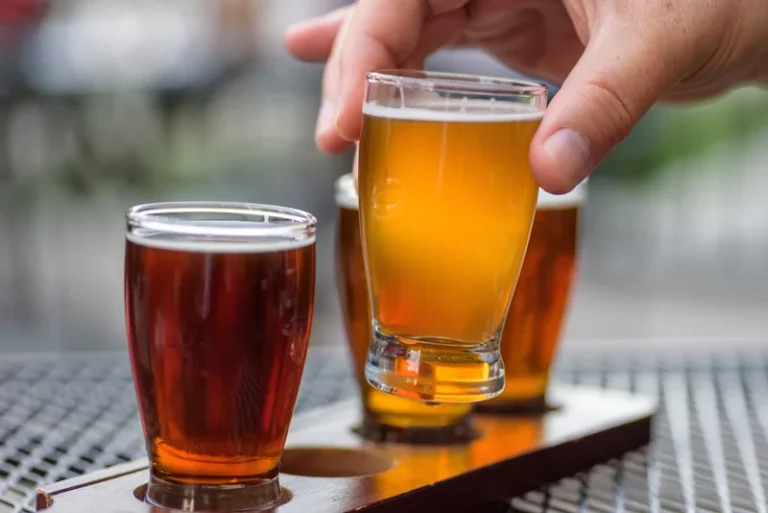
If you find yourself consuming more alcohol than you plan, or you feel out of control when you’re drinking, seek medical help. If you’ve been drinking alcohol, you should drink water to quickly get rid of bloating in your face and stomach. If you’ve noticed you’ve gained weight or tend to bloat when you drink alcohol, you may want to consider cutting back on your alcohol consumption. Josh holds a Bachelor’s degree in Exercise Physiology and Nutrition Science. He’s a Certified Strength and Conditioning Specialist (CSCS) by the National Strength and Conditioning Association and he’s a Certified Personal Trainer (CPT) by American Council on Exercise.
How Much Alcohol Contributes to Weight Gain
- That allows excess calories from the foods you eat to sit around, leading to weight gain.
- They can contain up to two standard drinks worth of alcohol, doubling the calories from alcohol you'd get in a single shot.
- You’ve just poured 674 nutritionally empty calories into your body.
- When that happens, your body may try to hold on to as much water as possible.
- The information and materials contained on this website are not intended to constitute a comprehensive guide concerning all aspects of the therapy, product or treatment described on the website.
- Wine is one of the most popular alcoholic beverages in the world and a staple drink in some cultures.
Having too many drinks in one occasion means you’ll be ingesting hundreds of extra calories, if not thousands. Consuming foods and drinks high in sugar can quickly lead to weight gain. All of these can lead to long-term weight gain and contribute to the bloating and digestive issues that cause weight gain after a night of drinking.

But even if you don’t consume massive amounts of alcohol, you could still be subjecting yourself to serious weight gain. However, added calories aren’t the only aspect of alcoholic drinks that can affect your health. For example, liquors may be lower in calories than some beers but have a higher concentration of alcohol. Many alcoholic drinks, such as wine, beer, and liquor, are made by fermenting natural starches and sugars.
